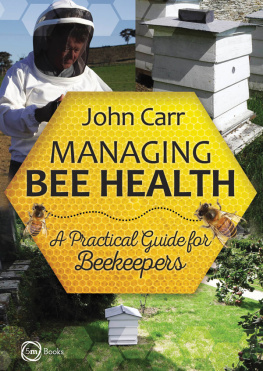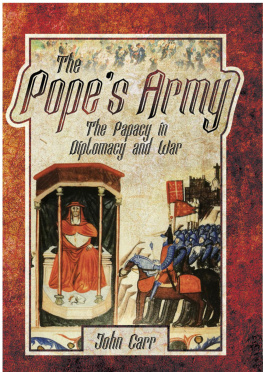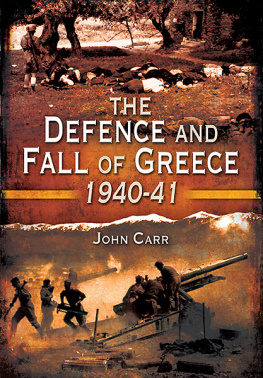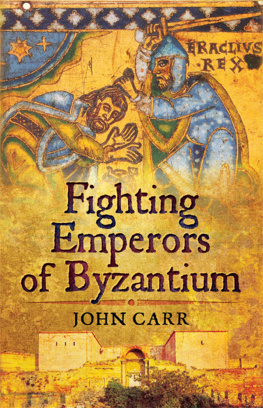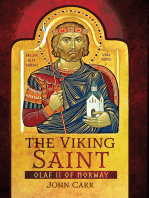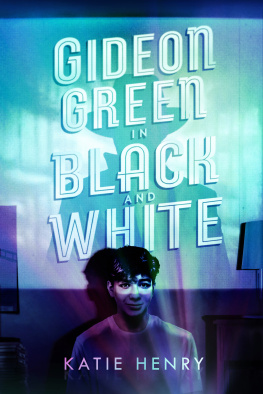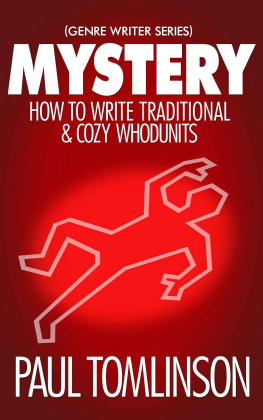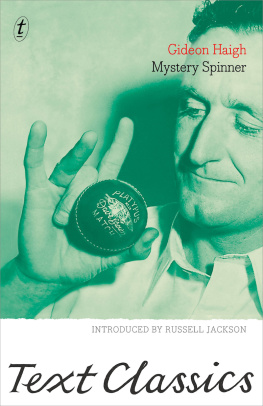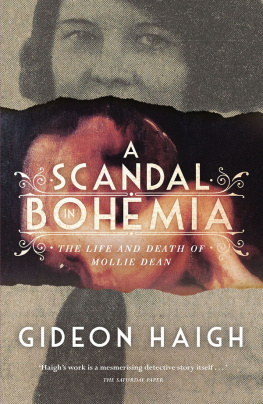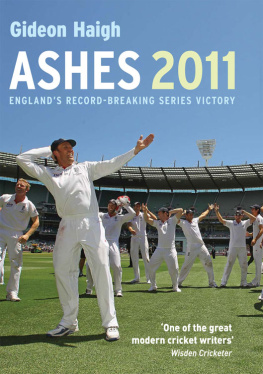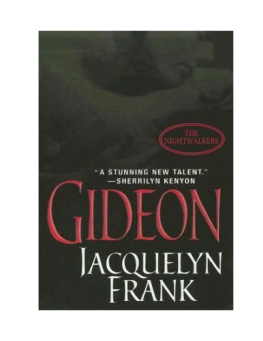He Who Whispers
Copyright, 1946 by John Dickson Carr
I
A dinner of the Murder Clubour first meeting in more than five yearswill be held at Beltrings Restaurant on Friday. June 1st, at 8:30 p.m. The speaker will be Professor Rigaud. Guests have not hitherto been permitted; but if you, my dear Hammond, would care to come along as my guest . . . ?
That, he thought, was a sign of the times.
A fine rain was falling, less a rain than a sort of greasy mist, when Miles Hammond turned off Shaftesbury Avenue into Dean Street. Though you could tell little from the darkened sky, it must be close on half-past nine oclock. To be invited to a dinner of the Murder Club, and then to get there nearly an hour late, was more than mere discourtesy; it was infernal, unpardonable cheek even though you had a good reason.
And yet, as he reached the first turning where Romilly Street trails along the outskirts of Soho, Miles Hammond stopped.
A sign of the times, the letter in his pocket. A sign in this year nineteen-forty-five, that peace had crept back unwillingly to Europe. And he couldnt get used to it.
Miles looked round him.
On his left, as he stood at the corner of Romilly Street, was the east wall of St. Annes Church. The grey wall, with its big round-arched window, stood up almost intact. But there was no glass in the window, and nothing beyond except a grey-white tower seen through it. Where high explosive had ripped along Dean Street, making chaos of matchboard houses and spilling strings of garlic into the road along with broken glass and mortar-dust, they had now built a neat static-water tankwith barbed wire so that children shouldnt fall in and get drowned. But the scars remained, under whispering rain. On the east wall of St. Annes, just under that gaping window, was an old plaque commemorating the sacrifice of those who died in the last war.
Unreal!
No, Miles Hammond said to himself, it was no good calling this feeling morbid or fanciful or a product of war-nerves. His whole life now, good fortune as well as bad, was unreal.
Long ago you enter the Army, with a notion that solid walls are crumbling and that something must be done about it somehow. You get, numerically, that form of Diesel-oil poisoning which in the Tank Corps is nevertheless as deadly as anything Jerry throws at you. For eighteen months you lie in a hospital bed, between white galling sheets, with a passage of time so slow that time itself grows meaningless. And then, when the trees are coming into leaf for the second time, they write and tell you that Uncle Charles has diedcosily as always, in a safe hotel in Devonand that you and your sister have inherited everything.
Have you always been naggingly short of money? Heres all you want.
Have you always been fond of that house in the New Forest, with Uncle Charlies library attached? Enter!
Have youfar more than either of these thingslonged of r freedom from the stifle of crowding, the sheer pressure of humanity like the physical pressure of travelers packed into a bus? Freedom from regimentation, with space to move and breathe again? Freedom to read and dream, without a sense of duty towards anybody and everybody? All this should be possible too, if the war is ever finished.
Then, gasping out to the end like a gauleiter swallowing poison, the war was is over. You come out of hospitala little shakily, your discharge-papers in your pocketinto a London still pinched by shortages; a London of long queues, erratic buses, dry pubs; a London where they turn on the street-lights, and immediately turn them off again to save fuel; but a place free at last from the intolerable weight of threats.
People didnt celebrate that victory hysterically, as for some reason or other the newspapers liked to make out. What the news-reels showed was only a bubble on the huge surface of the town. Like himself, Miles Hammond thought, most people were a little apathetic because they could not yet think of it as real.
There was Beltrings on the left, four floors once painted white and still faintly whitish in the dusk. Distantly a late bust rumbled in Cambridge Circus, making the street vibrate. Lighted windows gathered strength against the mist of rain, which seemed to splash more loudly here. There, just as of old, was the uniformed commissionaire at the entrance to Beltrings.
But, if you were to attend a dinner of the Murder Club you did not go in by the front door. Instead you went around the corner, to the side entrance in Greek Street. Beyond a low door, and up a thick-carpeted flight of stairsaccording to popular legend, this was once royaltys discreet way of enteringyou emerged into an upstairs passage with the doors of private rooms along one side.
Half-way up the stairs, faintly hearing that rich subdued murmur which is the background of a rich subdued restaurant, Miles Hammond knew a moment of sheer panic.
He was the guest to-night of Dr. Gideon Fell. But, even as a guest, he was none the less an outsider.
This Murder Club had become as famous in legend as the exploits of that scion of royalty whose private stair he was now ascending. The Murder Clubs membership was restricted to thirteen: nine men and four women. The names of its members were celebrated, some all the more celebrated for being unobtrusively so, in law, in literature, in science, in art. Mr. Justice Coleman was a member. So was Dr. Banford, the toxicologist, and Merridew, the novelist, and Dame Ellen Nye, the actress.
Before the war they were accustomed to meet four times a year, in two private rooms at Beltrings always assigned to them by Frederic, the head-waiter. There was an outer room with an improvised bar, and an inner room for the dinner. In the inner roomwhere Frederic, for the occasion, always hung the engraving of the skull on the wallthese men and women, as solemn as children, sat far into the night discussing murder cases which had come to be known as classics.
Yet here was he, Miles Hammond
Steady!
Here was hean outsider, almost an imposterdripping in his sodden hat and raincoat up the stairs of a restaurant where in the old days he could seldom afford to eat. Scandalously late, feeling shabby in his very bones, nerving himself to face craned necks and inquiring eyebrows as he walked in
Steady, curse you!
He had to remind himself that once upon a time, in the far-off hazy days before the war, there had been a scholar named Miles Hammond: last of a long line of academic forbears of whom his uncle, Sir Charles Hammond, had only recently died. A scholar names Miles Hammond had won the Nobel Prize for History in nineteen-thirty-eight. And that person, amazingly enough, was himself. He mustnt let illness gnaw away his nerves. He had every right to be here! But the world is always changing, always altering its shape; and people forget very easily.
In such a mood of cynicism Miles reached the upstairs hall, where discreet lights behind frosted glass shone on polished mahogany doors. It was deserted and quiet, except for a distant murmur of conversation. It might have been Beltrings before the war. Over one door was an illuminated sign that said, Gentlemens Cloakroom, and he hung his hat and overcoat inside. Across the hall from it he saw a mahogany door bearing the placard, Murder Club.
Miles opened the door, and stopped short.
Who A womans voice struck across at him, suddenly. It went up with something like a note of alarm, before it regained its soft and casual level. Excuse me, the voice added uncertainly, but who are you?
Im looking for the Murder Club, said Miles.
Yes, of course. Only
There was something wrong here. Something very wrong.
A girl in a white evening-gown was standing in the middle of the outer room, her gown vivid against thick dark carpet. The room was rather dimly lighted, behind buff shades. Its heavy curtains, obscurely patterned in gold, had been drawn across the two windows facing Romilly Street. A long white-covered table had been pushed in front of these windows to serve as a bar; a bottle of sherry, a bottle of gin and another of bitters, stood beside a dozen polished unused glasses. Except for the girl, there was nobody else in this room.
Next page

